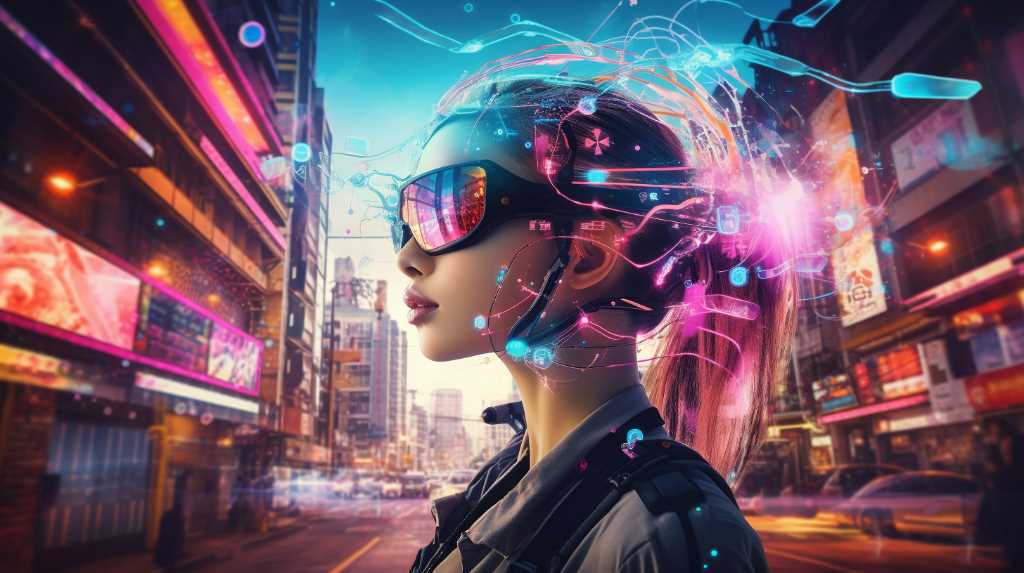The Progress of AI Development
Artificial Intelligence (AI) development is transforming our world, from self-driving cars to virtual personal assistants. Since its beginnings as a concept, AI has grown into a practical and widely used technology. The introduction of the Turing Test in the 1950s was a key milestone in evaluating a machine’s ability to exhibit intelligent behavior. Enhancements in computing power and access to vast amounts of data have driven progress in AI, leading to major breakthroughs in areas such as natural language processing and image recognition.
AI in Healthcare: Improving Diagnosis and Treatment

One of the most promising applications of AI is in healthcare. AI-powered systems can analyze medical data with incredible speed and accuracy, aiding in disease diagnosis and treatment planning. For example, AI algorithms can detect anomalies in medical images, helping radiologists identify diseases like cancer at earlier stages. Additionally, AI-driven chatbots and virtual nurses provide patients with instant access to medical information and support.
Revolutionizing Drug Discovery and Business Operations
AI is revolutionizing drug discovery by sifting through vast datasets to identify potential drug candidates, speeding up the development process. This has been particularly crucial during the COVID-19 pandemic, where AI has played a vital role in vaccine development. In the business world, AI is reshaping how companies operate by enhancing customer experiences, streamlining operations, and making data-driven decisions. Chatbots and virtual assistants provide 24/7 customer support, while AI-driven analytics tools help businesses identify market trends and customer preferences.
Transforming Education and Breaking Language Barriers
AI is making its mark in education with personalized learning platforms that adapt educational content to individual students’ needs and learning styles. This ensures that students receive tailored instruction, leading to better outcomes. AI-powered language translation tools are breaking down language barriers, making education more accessible worldwide. Additionally, AI helps educators automate administrative tasks, allowing them to focus more on teaching and mentoring students.
Ethical Considerations and the Future of AI
As AI development advances, ethical considerations must be addressed. Potential biases in AI algorithms can perpetuate inequalities and discrimination if trained on biased data. Fairness and transparency in the design and training of AI systems are essential. Privacy is another critical issue, as AI has led to the collection of vast amounts of personal data. Striking a balance between the benefits of AI and individual privacy rights is a challenge that governments and organizations must navigate.
The future of AI development is filled with exciting possibilities. AI is poised to play a pivotal role in addressing challenges like climate change and healthcare. The collaboration between humans and AI, known as “augmented intelligence,” will become increasingly common. AI will assist professionals by automating routine tasks and providing insights based on vast data analysis.
In conclusion, AI development is transforming industries and creating a better future. It drives innovation in healthcare, business, education, and many other fields. As AI continues to advance, it is crucial to address ethical concerns and develop AI systems responsibly. The journey of Artificial Intelligence has just begun, and the future promises even more exciting discoveries and applications. Embracing the potential of AI while being mindful of its impact on society is key to harnessing the power of AI for the benefit of all of humanity.











